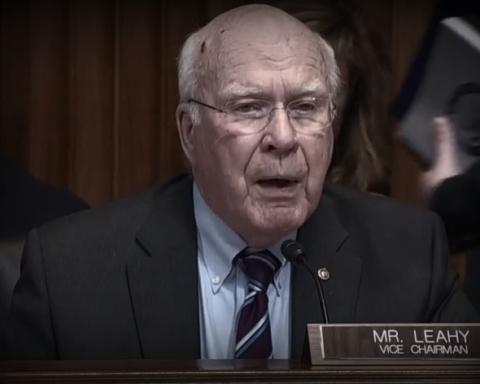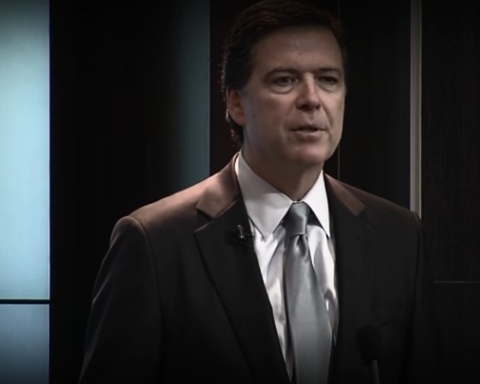The Obama administration conditionally approved Charter Communications’ bid to acquire Time Warner Cable, paving the way for a deal that would create one of the largest media companies in the country.
Officials from the Justice Department and Federal Communications Commission said on Monday that they wouldn’t stop the merger, if the companies agree to terms that would restrict their practices.
Charter would become the second and third largest provider of internet and video, if a federal judge also approves of the deal. Comcast would still be the largest provider of both internet and video.
Regulators are hinging their blessing on firms’ behavior. Time Warner had been accused of being “aggressive” in enforcing content bans with online video providers, according to the Associated Press. It has been ordered by the Justice Department to cease from engaging in the practice.
Charter, meanwhile, has been forbidden by the FCC from imposing caps on internet users’ data. Comcast and AT&T, the second largest online video provider, currently charge users based on the amount they download.
Charter has also agreed to refrain for seven years from charging video providers like Netflix for access to its networks.
The AP noted, however, the deal does not contain restrictions on certain kinds of price increases.
“Charter could, for instance, raise prices on broadband sold by itself to make its cable video-and-Internet bundle look more financially appealing than buying Internet from it and a separate online video service,” the wire service said.
Public interest groups questioned the terms of the deal after they were announced.
“There’s nothing about this massive merger that serves the public interest,” said Free Press CEO Craig Aaron. “There’s nothing about it that helps make the market for cable-TV and internet services more affordable and competitive for Americans.”
Consumers Union senior policy counsel George Slover said that “history has shown us how powerful companies look for every angle to avoid or weaken the conditions imposed on their mergers.” He said the terms were “tough” but that they needed to be backed up “with tough enforcement.”
The approval comes on the heels of two high profile merger rejections made earlier this month by the Obama administration. The Justice Department stopped Halliburton’s acquisition of Baker Hughes—the second and third largest companies in the oil services industry. Through the issuance of new rules, the Treasury Department also blocked Pfizer’s acquisition of Allergan, an Irish company the US conglomerate sought to purchase to lower its tax bill.
Charter will be worth roughly $67 billion, if the merger goes through.








